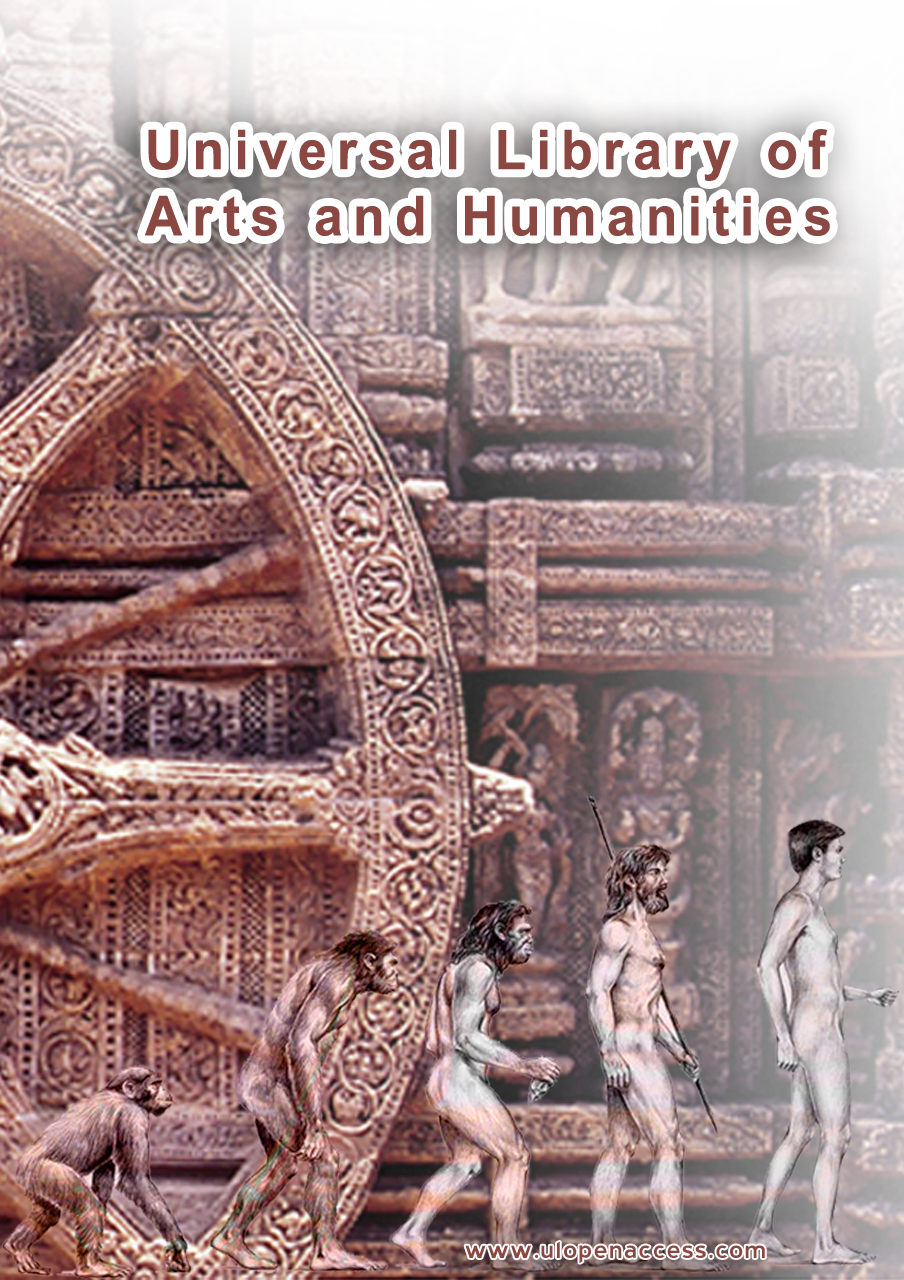The Geopolitics of Nationalism and the Armenian GenocideHailey Jiang Citation: Hailey Jiang, "The Geopolitics of Nationalism and the Armenian Genocide", Universal Library of Arts and Humanities, Volume 02, Issue 04. Copyright: This is an open access article distributed under the Creative Commons Attribution License, which permits unrestricted use, distribution, and reproduction in any medium, provided the original work is properly cited. AbstractWhat factors led to the eventual decision by the Ottoman Empire to commit genocide of its Armenian population? This paper argues that there were three main influences behind the Empire’s targeting of this part of its population. Firstly, Ottoman leaders fostered resentment of the Armenians and eventually came to view their increasing wealth and power as a type of internal threat to the Empire. Secondly, Russia, the Ottoman Empire’s greatest international threat, was increasing in power and giving more aid to the Ottoman Armenians during the end of the nineteenth century and beginning of the twentieth. Lastly, the Ottoman Armenians started to form political parties and advocated for an independent Armenia. As the Empire was weakening, the Ottoman leaders feared that any more loss of land or population could be detrimental to the Empire. By acknowledging the complexity of these factors, their effects on each other, and the historical context in which they unfolded, we can gain a deeper understanding of the Armenian Genocide as well as the ongoing implications of this genocide in modern times. Keywords: Armenian Genocide, Ottoman Empire, Armenia, Muslim, Christian. Download |
|---|

